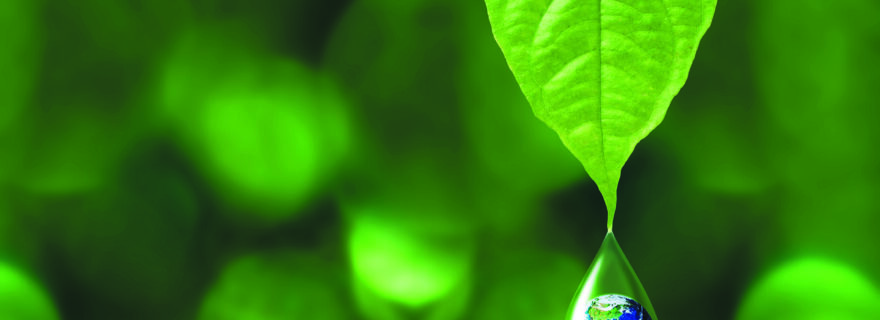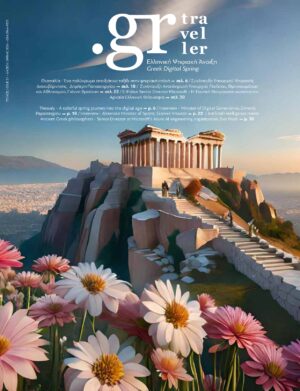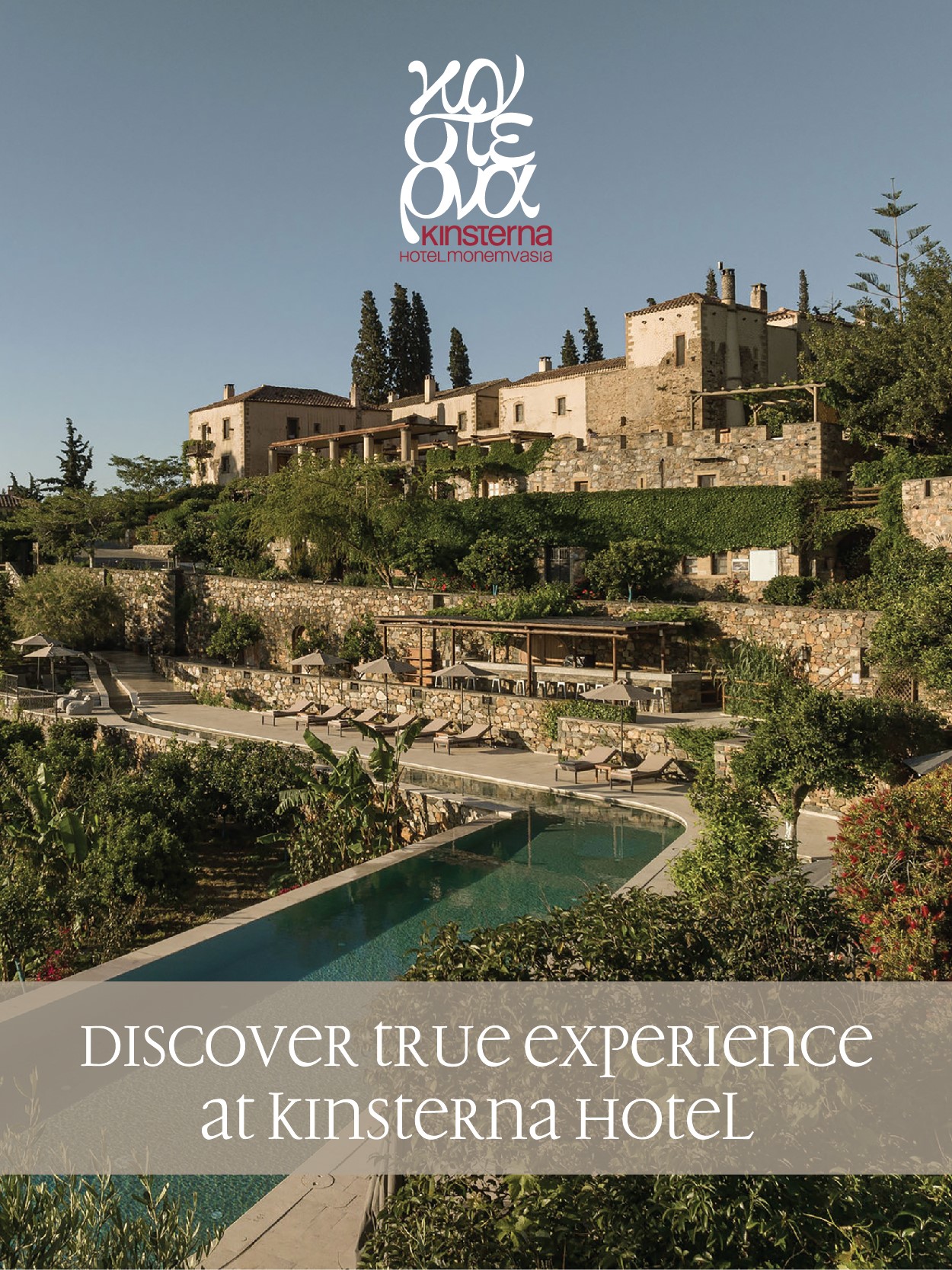September 1 each year was established as a day of prayer for the protection of the natural environment at the meeting of the Prefects of all the Orthodox Churches held in Istanbul in March 1992.
The protection of the environment on a global level was one of the first priorities set by the Ecumenical Patriarch, His Holiness Patriarch Bartholomew. Bartholomew, as soon as he took office in 1991.
For the Orthodox Church, the ecological problem is first and foremost a theological problem. God created the world
“from scratch”, for the sake of man.
Man takes creation into his hands
as its co-creator and guardian.
Man’s separation from God, what in theological language is called the fall of man, also disturbed his relationship with his environment, in creation.
Detached from God, man slowly becomes more and more attached to matter, seeing the Earth, not as a temporary dwelling place, but as a permanent dwelling place, the exploitation of which is inseparable from the improvement of his life.
In this, his purposeless existence, he draws together the whole creation, the whole world, which suffers deeply, as the Apostle Paul writes very clearly in Romans 8:22, “all creation groans and sighs to this day.” That is, “all of nature sighs and groans …” from the reckless use.
In the face of all this ecological crisis, man can justifiably confess… “the old pollution of air and land and water”…
The path of science and high technology, instead of making man wiser, makes him more selfish and arrogant, an exploiter of creation, overly consumerist. Modern man, trying to satisfy his ever-increasing needs, has turned to the overexploitation of the natural environment without any moral scruples, regardless of the results.
Ecological problems began to be seen in the 1960s due to rapid industrial and technological development. This is when the first ecological movements to raise public awareness are launched and created.
In this context, the Ecumenical Patriarchate, through the conferences, seminars and symposia it organizes, makes evident the anxiety and sense of responsibility of the Orthodox Church to awaken consciences in order to halt the pace of ecological destruction.
ORTHODOX MONASTICISM
Orthodox monasticism cultivates a new human ethos, characterized by a more tender and sacred relationship with the natural environment. Example:
“The Spirit of God teaches compassion for all creation, so that we do not cut a leaf from the tree without need,” we read in the notes of a monk, St. Silouanus, and that he who has lost Grace does not feel, as he should, the beauty of the world, and nothing is surprising to him. On the contrary, when the Grace of God is with man, then all the things of the world are a surprise to the heart because of its inconceivable beauty.”…..
Sensitivity to the natural environment is present throughout the history of the monastic state. The rebuilding of the cells, the cultivation of the fields, the shaving and the use of forest products in general, were already the subject of special care in the first Typikon of Mount Athos.
The Orthodox Tradition can lead us to the right attitude towards the natural environment, which the difficult, if not apocalyptic, times we live in impose on us. Throughout the centuries, Patristic Theology and the Orthodox Church have formed and shaped an ethos and mentality of profound respect for the material creation.
The Orthodox Tradition is deeply liturgical. The whole world is a liturgy, a cosmic liturgy, which is why the Church is always “bound for the Universal World”.
ECUMENICAL PATRIARCH
The Ecumenical Patriarch of Constantinople, Mr. Bartholomew, has been internationally recognised as the “Green Patriarch” because of his special action to save the environment and because he has highlighted the spiritual roots of the ecological crisis.
Having undertaken important initiatives for the protection of endangered areas of the planet, such as Antarctica, the Amazon, the Adriatic Sea, it has organized, together with other institutions, international scientific conferences at sea, under the auspices of the Patriarchate. He also established an annual international conference dedicated to environmental ethics, in one of the beautiful islands of the Propontis, Halki, at the Theological School and Monastery of the Holy Trinity on the island.
This anxiety, about what legacy we will leave to our descendants, is expressed in his own way by our poet, Kostis Palamas “…[people] owe it to those who came, passed, will come, will pass, the unborn, the dead will judge us….
















